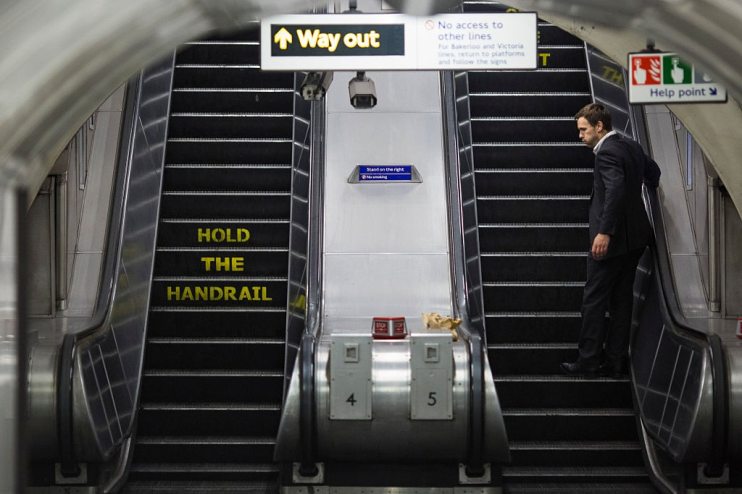Editorial: Turning discrimination into diversity isn’t just social justice

Yesterday, we published the (long overdue) news that the Waterloo and City line is set to return to a full weekday service by the end of next month. It’s not before time, and it’s a wonderful marker of the Square Mile’s nascent recovery from the pandemic.
All around the capital are signs of life returning to something like normal. Even the removal of the travel red list yesterday, which will allow arrivals from Bogota, La Paz and Lima to avoid the delights of HM Prison Heathrow, feels like a moment of life-affirming liberty.
Whilst it has been largely forgotten in the corridors of power in Westminster, the capital is and remains the country’s economic and cultural powerhouse.
We don’t have a monopoly on good ideas, but we certainly have plenty of them. Not everybody bright, innovative and ambitious is here, but a heck of a lot of those people are.
Many of those come from abroad, but many of them are born here – growing up here, in this wonderfully diverse and open city.
The truth is that the City – and London, and Britain’s businesses in general – has yet to truly capitalise on the ingenuity of the population on its doorstep.
Today we publish a story revealing most black City workers have felt discrimination; it seems likely that other ethnic minorities, whether born in Tower Hamlets or Newham or much further afield, have felt the same way.
That’s a problem that needs solving. It’s also an opportunity, if we get it right.
The flipside of the coin is in our interview with the co-founder of one of the capital’s newest unicorns, Marshmallow.
Oliver Kent-Braham is right to say that studies consistently showa more diverse set of people in a company leads to better outcomes.
Extrapolate that to those founding businesses and rising to the top of corporates, and suddenly it’s not just about social justice, just good common business sense.
Read more: Editorial: Beware our drift into a high-tax economy
